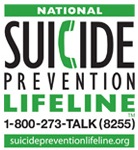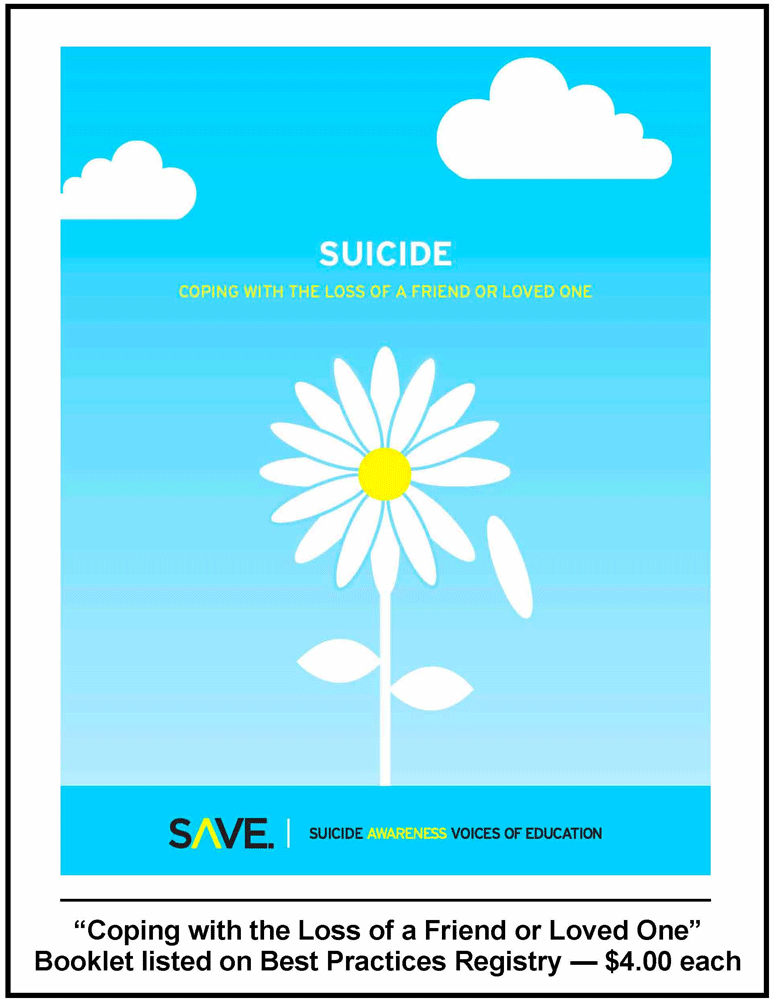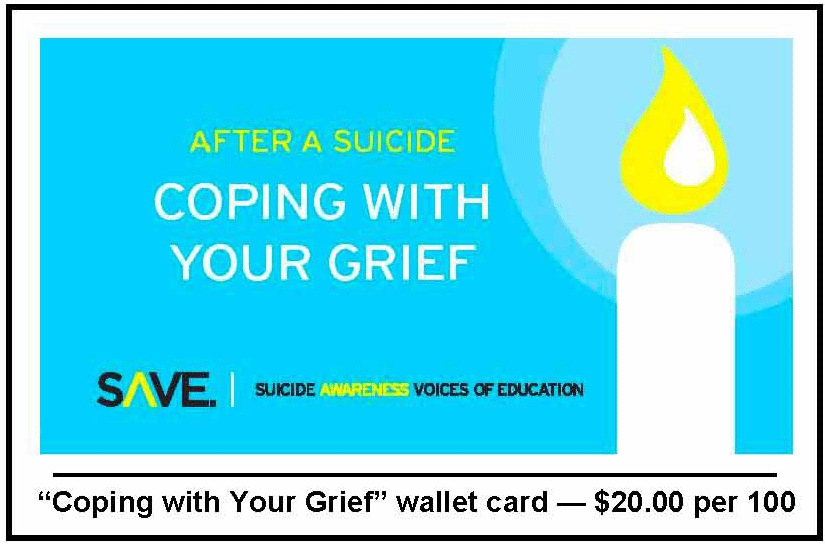Author Says 'Closure' Is a Popular Myth
In a Boston Globe interview, sociologist Nancy Berns of Drake University shared some of the ideas from her new book Closure: The Rush to End Grief and What It Costs Us. She says,
The closure narrative assumes that grief is bad and that it’s something that needs to end, and it assumes that closure is possible and that it’s something good and something that people need to have. Grief is a difficult, messy experience and can be very painful ... Our grief expresses how we’re feeling and allows us to acknowledge [a] loss. So asking or expecting someone to try and end that quickly is really misunderstanding the importance of those emotions.
Berns says that the idea of closure "really has saturated our popular culture" but is "not the dominant narrative in research in bereavement." However, the popular narrative has become that people ...
need closure whether we’re talking about bad relationships or terrorist attacks, so it’s a wide variety of issues. We also see closure become an essential part of sales talks, whether it’s in funeral, grief, or relationship advice industries, as well as a political argument for issues ranging from the death penalty to memorials ... As a result, people have come to believe that they do need closure.
Berns calls closure "a rhetorical concept, a made-up term":
It’s a frame used to explain how we should respond to loss ... People don’t need closure. That’s just one way to talk about grief. You don’t need it to begin healing and to find progress in learning how to live with a loss.
Bern depicts grief as a process through which a person progresses over a lifetime:
A lot of people carry loss and grief for much of their lives, but that doesn’t mean that the pain is as intense as it was the first few months. You carry that loss and grief, but you learn how to integrate that into your life.
- Franklin Cook's blog
- Log in to post comments






Recent comments